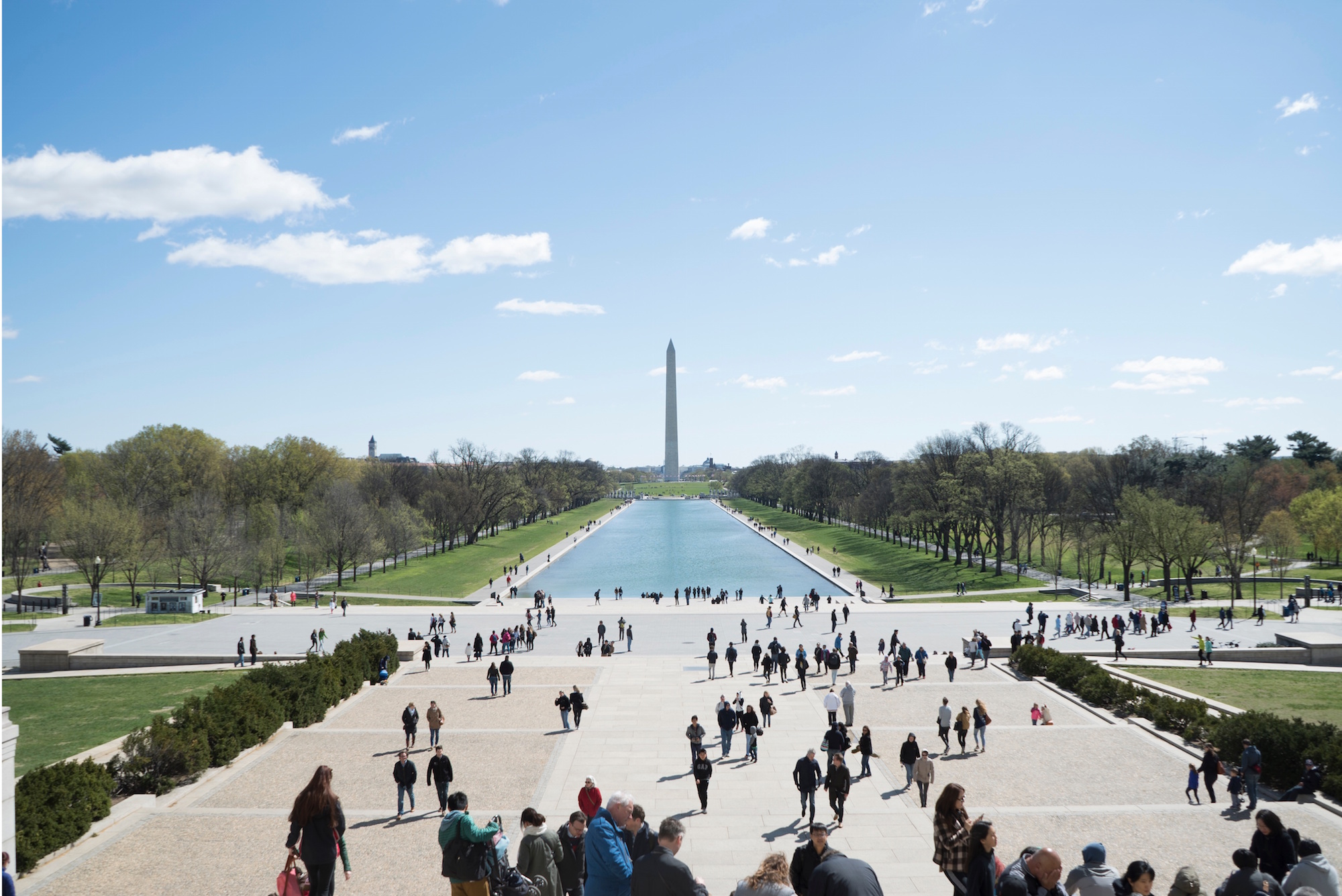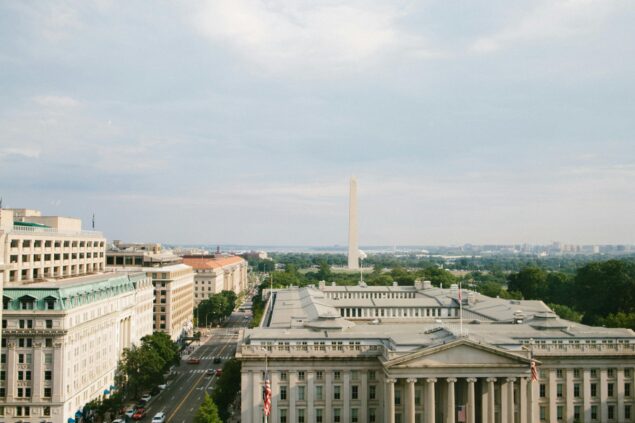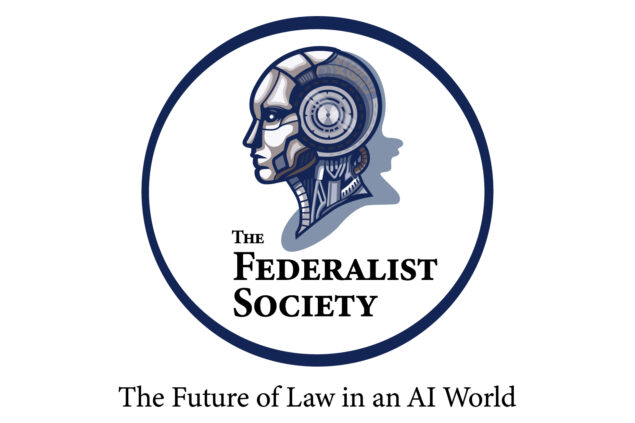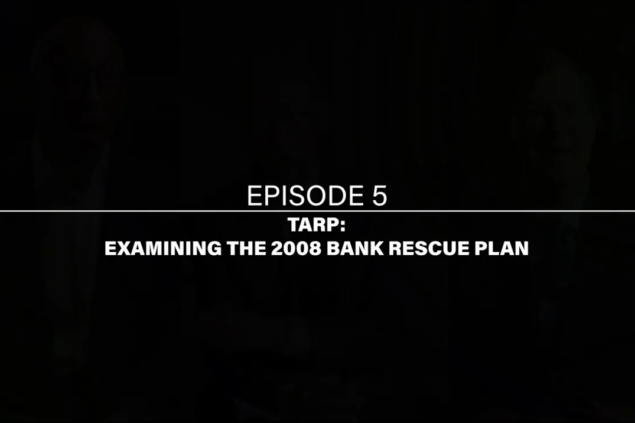What is RTP?
The Regulatory Transparency Project is a nonprofit, nonpartisan effort dedicated to fostering discussion and a better understanding of regulatory policies.
May 2, 2024 | 10:00 AM ET

America’s Energy Future: Abundance or Scarcity?
The Mayflower Hotel
The District Room
1127 Connecticut Avenue NW
Washington, D.C.
Speakers
Edward Boling · Michael Buschbacher · James W. Coleman · James Danly · Eli Dourado · Louis Finkel · Jeffrey Holmstead · Mario Loyola · Andrew Wheeler
Event Details
Explainer Episode 65 – Reviewing Michael Cannon’s Book “Recovery”
In this RTP explainer episode 65, we are joined by Michael Cannon, Director of Health Policy Studies at the Cato Institute, and Christina Sandefur, Executive...
Listen nowApril 24, 2024 | 1:00 pm

Grading the Biden DOL and NLRB’s Use of Regulatory Authorities
Speakers
Judy Conti · Gregory Jacob · Philip Miscimarra · Timothy Taylor
Event DetailsApril 2, 2024 | 9:00 AM ET

Legal Licensing Reform: Does the World Need More Lawyers?
The Mayflower Hotel
1127 Connecticut Avenue NW
Washington, DC 20006
Speakers
Braden Boucek · Daniel Greenberg · Andy Kvesic · Clark Neily · Lucian Pera · Jon Riches · Paul Sherman · Caleb Trotter · Luke A. Wake · Shoshana Weissmann...
Event DetailsApril 10, 2024 | 12:00 PM ET

Navigating the Capital Adequacy Rule: Legal and Policy Perspectives
The Mayflower Hotel
1127 Connecticut Ave NW
Washington, DC 20036
Speakers
Peter Conti-Brown · Trent McCotter · Jeremy Newell · Hon. Randal K. Quarles · Hon. Eugene Scalia
Event Details





















